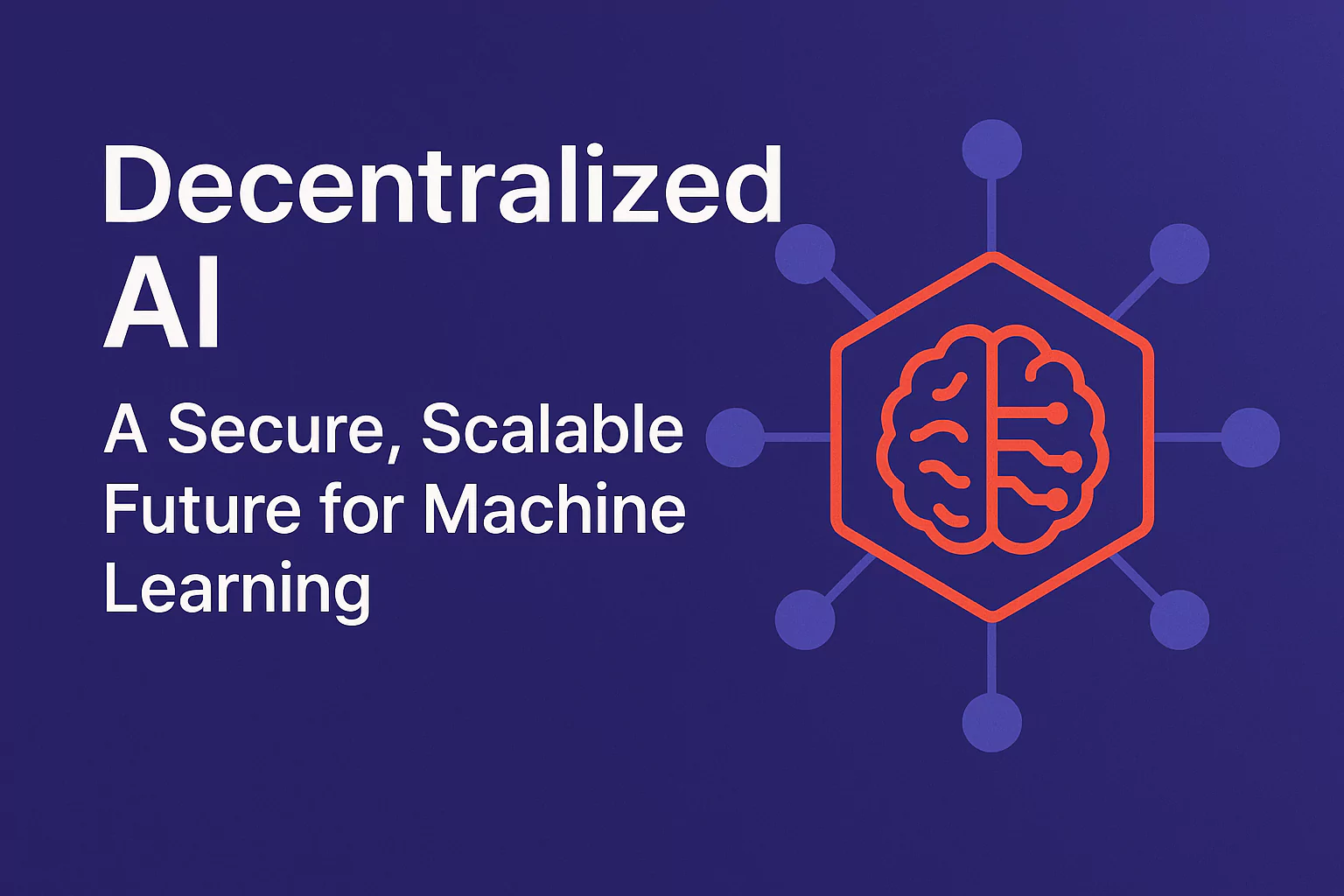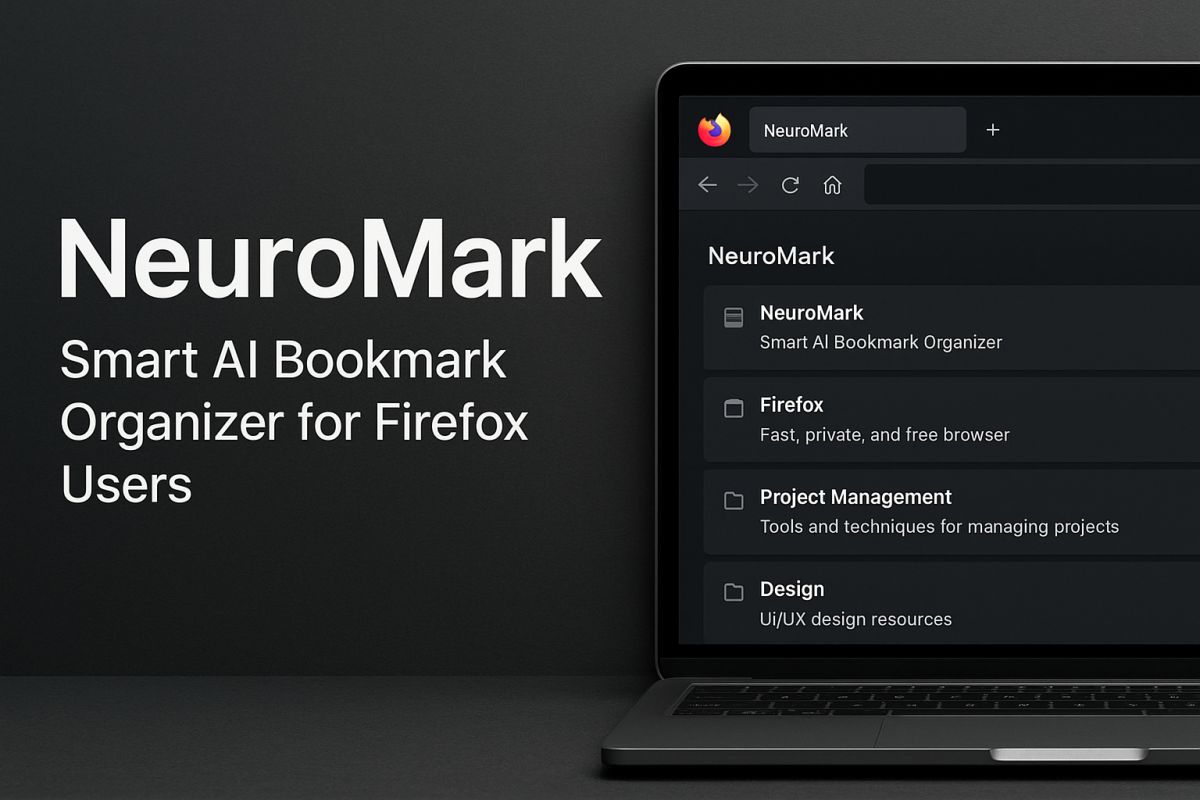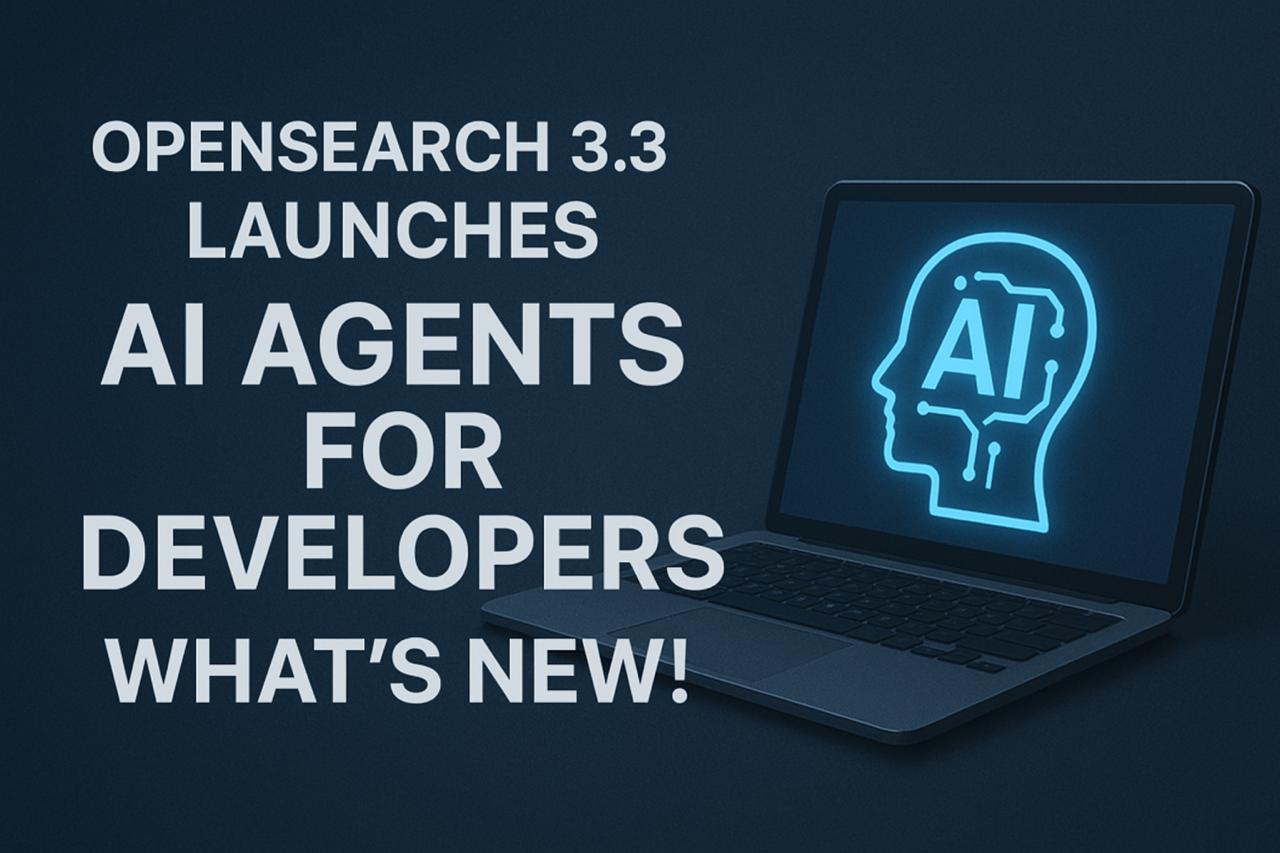Decentralized AI: A Secure, Scalable Future for Machine Learning

The future of machine learning is decentralized. Decentralized AI offers a more secure, scalable, and privacy-preserving alternative to traditional, centralized systems by distributing model training and decision-making across multiple nodes or devices. This architecture enhances data privacy, reduces single points of failure, and enables more resilient, collaborative, and efficient AI development.
Understanding Decentralized AI
What Is Decentralized AI?
Decentralized AI refers to systems where machine learning models are trained, validated, and deployed across distributed nodes rather than relying on a central server. These nodes can be individual devices (edge devices), servers, or even blockchain-based networks. Each participant contributes to the AI’s performance while maintaining control over their data.
Examples include federated learning, swarm intelligence, and blockchain-integrated AI, where data does not leave the local device, but updates to models are shared and aggregated across a network.
Benefits of Decentralized AI
1. Enhanced Data Privacy
By keeping data on local devices and only sharing model updates (as in federated learning), decentralized AI significantly reduces the risk of data leaks, breaches, and misuse. This approach aligns with global data protection laws like GDPR and HIPAA.
2. Improved Security
With no central authority or server to target, decentralized AI reduces the chances of catastrophic single-point failures or cyberattacks. Even if one node is compromised, the rest of the system can continue functioning securely.
3. Scalability
Decentralized systems naturally scale as more devices join the network. Each device adds computational power, enabling parallel model training and faster inference across a broad spectrum of tasks, especially in IoT and edge environments.
4. Resilience and Fault Tolerance
A decentralized architecture ensures continuous operation even if parts of the network fail or go offline. This makes it ideal for mission-critical applications like autonomous vehicles, military systems, or healthcare monitoring.
5. Collaborative Learning
Participants can contribute to a global model without revealing sensitive data. This promotes collaboration across industries, academia, and enterprises without compromising competitive or proprietary information.
Challenges of Decentralized AI
1. Communication Overhead
Transferring model updates across nodes, especially in real-time, can result in increased bandwidth and latency issues.
2. Model Synchronization
Maintaining consistency and convergence across different local models is technically challenging and may require robust coordination protocols.
3. Resource Constraints
Edge devices or smaller nodes may lack the necessary computational power or memory to train large AI models locally.
4. Trust and Integrity
Ensuring that updates from nodes are genuine (not poisoned or manipulated) is crucial. Techniques like blockchain verification, zero-knowledge proofs, and secure aggregation are being developed to address this.
Key Technologies Driving Decentralized AI
🔹 Federated Learning
Pioneered by Google, federated learning allows models to be trained across decentralized devices while keeping the raw data local. Only the model weights or gradients are shared.
🔹 Blockchain and Smart Contracts
Blockchain adds transparency and immutability to AI training by verifying the origin, accuracy, and fairness of contributions in decentralized networks.
🔹 Edge Computing
Edge devices such as smartphones, sensors, and embedded systems play a crucial role by running AI models locally and contributing to global learning cycles.
🔹 Swarm Intelligence
Inspired by nature (e.g., ant colonies), this concept uses decentralized, simple agents to solve complex problems collectively, improving adaptability and learning efficiency.
Use Cases of Decentralized AI
- Healthcare: Hospitals can collaboratively train diagnostic models without sharing patient data.
- Finance: Banks can detect fraud collectively while maintaining data confidentiality.
- Smart Cities: IoT sensors across a city can share environmental learning models to improve traffic, waste management, and energy usage.
- Autonomous Vehicles: Cars can share learned driving patterns to improve navigation and safety.
The Road Ahead
The shift towards decentralized AI is accelerating as concerns over privacy, trust, and centralized control grow. Organizations and developers are increasingly adopting hybrid models combining on-device computation, blockchain verification, and cloud orchestration to build intelligent, decentralized ecosystems.
Conclusion
Decentralized AI is more than a technological evolution—it’s a paradigm shift. By enabling secure, scalable, and privacy-preserving machine learning, decentralized AI addresses the fundamental limitations of centralized systems. As technology matures and supporting infrastructure grows, decentralized AI is poised to become the cornerstone of future AI applications—trusted, inclusive, and resilient.









